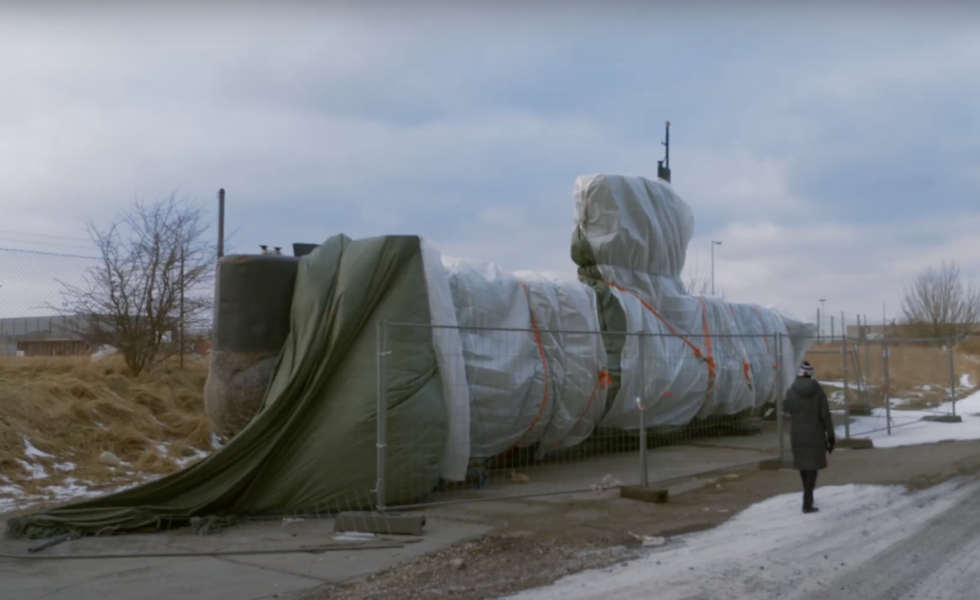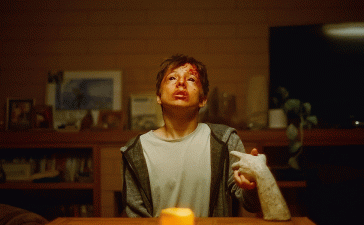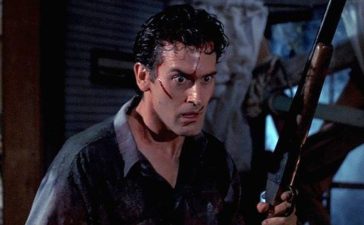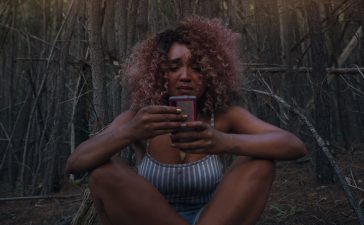In 2017, Swedish journalist Kim Wall disappeared while onboard the UC3 Nautilus, the homemade submarine belonging to Danish entrepreneur Peter Madsen.
The story behind her vanishing turned out to be one of the most bizarre and morbidly fascinating murder cases in modern history, drawing the rapt and horrified attention of millions across the world. Among the real life drama’s audience was Israeli documentarian Dvorit Shargal, whose film, The Submarine Case, is currently streaming as part of the Melbourne Documentary Film Festival, celebrating its closing weekend this weekend.
We spoke to Shargal about both her film and the maritime murder mystery that inspired it.
What’s your background? I understand you are a film critic and journalist who has pivoted to documentary filmmaking in recent years?
Yeah, I have been a journalist for too many years, as I used to say in my screenings and my lectures, and afterward, I had a media criticism blog for like a decade (Velvet Underground was the name). I studied at film school university, but it took me a few decades to understand that documentary films are my passion.
How did you first become aware of the Madsen/Wall case and what drew you to it?
I heard about if from the news sites the same day that it happened, like 11 August 2017, and it caught my eyes and my heart in no time. Why this murder and not a million others? In my film, The Submarine Case, I try to figure out.
You forefront yourself and your own reactions to the events in the documentary – how did you arrive at that approach and how did that decision shape the film?
Well, I do that in all my films, because I think no matter what your subject is, it’s always about you. In my first film (Where is Elle Kari and what Happened to Noriko-San? 2014) I understood it during the filming, and then, in the editing room. I’m the director that sits with the editor blowing on their neck during all the shifts and editing it with them non-stop. It became my identifying mark. So, with The Submarine Case it was the same, I try to understand why I got so involved in that story, and then it became a personal journey parallel to the awful events.
If you are the director and also one of the characters in the film you always have to look at the scene and the mise-en-scène inside and out, you have to guide yourself and the cinematographer at the same time. It’s a no-budget film; an indie, even a guerrilla film, so no crew at all, only myself and a cinematographer. It’s a tough and challenging situation, I must say.
What was the biggest challenge you faced in making the film?
There were so many. First to find the interviewees and to convince them to trust me, a total foreigner, a stranger that comes from the Middle East. Then the coordination, to find a cinematographer in Copenhagen, to get “no” from many people that I wanted to be in the film. To get many rejections from the funding channels in Israel. Finding the right person to edit it, the ethical decisions, and now: how to distribute it?
How did you go assembling archival materials about the case? What difficulties did you face in that regard?
Oh, that was tough. First, you need to know what you can get, meaning buying rights. So, I watched the two films that had been done about Madsen in the early years, and I contacted Robert Fox, the director and producer of My Private Submarine. He agreed to be interviewed and to sell me some footage from it. Then I watched it again, alone and with my gifted editor, Hilla Haramatti. She suggested the marvellous rhythm and the perfect cut for it. We wanted to find the shots that will fit my repulsiveness from the murderer, and at the same time to find Madsen’s bizarre behaviour. It also had to fit my film, to be an integral part of it, but also to say: this is archival footage, let it be clear.
What did you learn or discover on this journey that surprised you?
The most surprising thing was finding that there are Danes that think it’s not appropriate to make a film about such a case, like I took advantage of the sensational story and that there are many Danes who want to forget that story like it never happened, that was strange.
The other thing is that the Danes are very, very efficient. In Israel, it’s like science fiction that a murder case will take 12 meetings in court and be done.
If you are asking about my inner journey, well, this is in the film, my understanding of who I am. I hope so.
There has been a lot of media coverage on the case, as well as a Netflix doco – what sets your approach apart?
I think that I invented a new genre: a Personal Docu Crime Movie, and that is because, as said before, every documentary is about the creator, but you have to find your connection to it, and I did it on-camera.
I’m not particularly familiar with the documentary filmmaking community in Israel – can you tell me about it and what challenges you face as an emerging figure in that scene?
I must be honest, I don’t feel like part of the community. I’m an outsider, so I’m not in any filmmakers’ union or forum. Many people know me from the media as a journalist, and then from my media criticism blog, and many of them liked the first film that I made against all the odds, with no money from the cultural establishment. They thought it was a phase in my development as a new-born filmmaker.
Still, the years go by, from one film to another. I just completed my seventh film! Seven films in one decade of filmmaking. Most of the money is mine: crowdfunding, my savings, my pension fund. And although people like my indie way, they don’t want to be in my shoes. They want to get money from the cultural establishment, and not like me commit suicide for every film. On the other hand, I envy them for getting money from the funds and getting their movies broadcast on TV and screened in the local festivals. Therefore, I’m not a part of the community, I stand alone.
What are you working on now? What’s up next for you?
I just completed a sweet documentary about an Israeli journalist that wrote about Jaffa (if you know the place). And now? I don’t know. The world is upside down. All the cultural events are frozen.There was a short window of hope in June that we got over the plague, but in July we became one of the countries with the most new cases of COVID-19 a day, so I don’t know about the future. I managed to make the Israeli premiere of The Submarine Case on July 3th, which was the first premiere at Tel Aviv Cinematheque after the lockdown, but a few days later all the theatres were closed again. The premiere was only for the supporters of the film in my crowdfunding project, so one of my guests wrote: “We will never forget the Face-Masks Premiere”.
Anyway, my next big project is about schizophrenia but it’s a very complicated one and, let’s face it, I’m financially broken down, so I don’t know what’s next. My mission is to get back the money that I invested in The Submarine Case.
I really don’t know how. Waiting for a miracle or a vaccine or winning the lottery or all the three.







